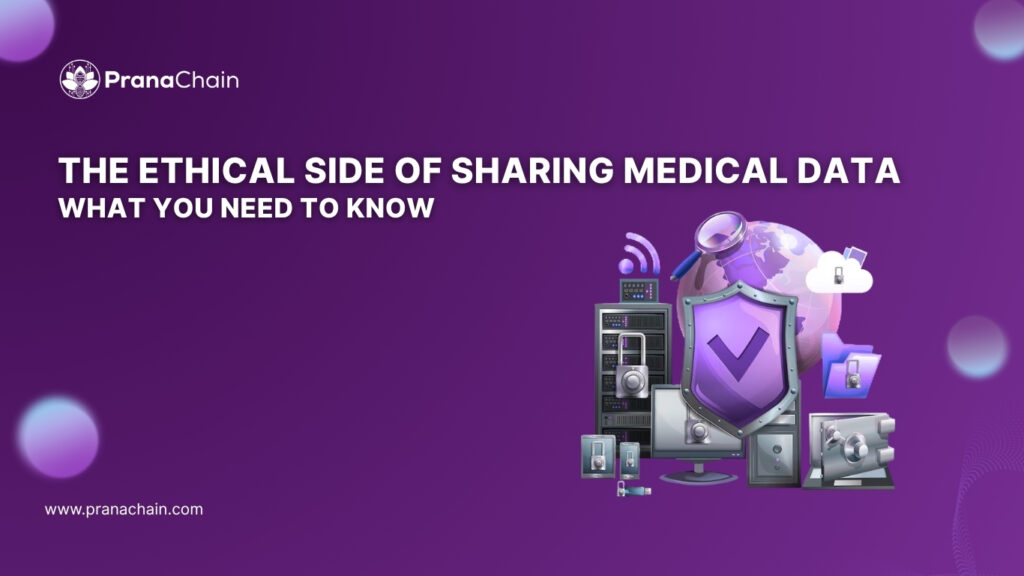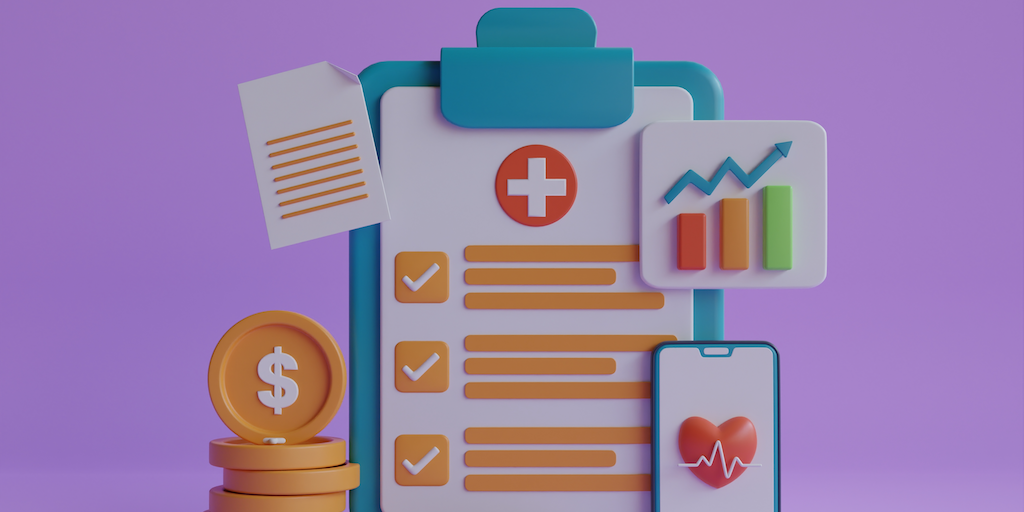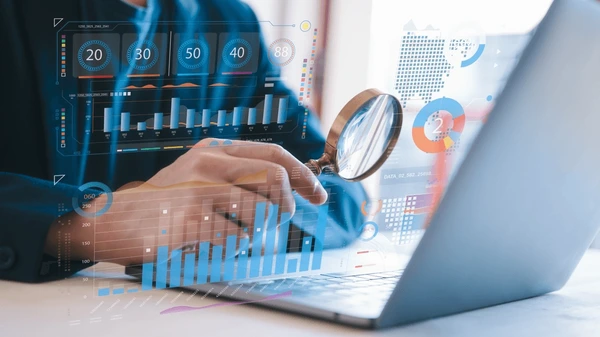
In today’s digital healthcare landscape, the ethical implications of sharing medical data are no longer just a theoretical concern. As blockchain and AI reshape the medical ecosystem, patients, providers, and developers must consider the ethical implications of every byte shared. Questions around consent, privacy, data ownership, and transparency are now central to innovation. Understanding the ethical frameworks around data sharing is crucial to building trust in the systems that claim to protect our most personal information.
Why the Ethical Side of Sharing Medical Data Matters

Medical data is not just numbers and charts; it is the story of a person’s health journey. That is why the ethical side of sharing medical data deserves deep attention. Improper sharing or unauthorized access can lead to discrimination, breaches of trust, and long-term consequences for individuals. Even with technological advancements, ethical dilemmas arise when stakeholders fail to prioritize patient rights over profit or efficiency.
Informed Consent: The Foundation of Ethical Sharing

At the heart of ethical data sharing is informed consent. Patients must understand:
- What data is being collected
- Why is it being shared?
- Who can access it
- How will it be stored and protected
Without clear, transparent, and accessible consent mechanisms, data sharing becomes ethically questionable even if legally permissible.
Ownership and Control Over Medical Data

One major question around the ethical side of sharing medical data is: Who owns the data?
Traditionally, hospitals and institutions controlled health records. Today, with decentralized technologies like blockchain, there is a shift toward patient-owned data models. Ethical sharing means empowering individuals with control over their health information, including the right to opt in, opt out, or revoke access at any time.
Transparency and Accountability in Data Use

Transparency is not just a buzzword. It is an ethical obligation.
Patients should be able to track:
- Where does their data go
- How is it used
- Which organizations have access
Systems that use medical data for research, AI models, or commercial applications must be fully accountable. Ethical sharing requires clear audit trails and verifiable logs of every transaction. Blockchain technology makes this level of transparency possible.
Risks of Data Misuse: From Discrimination to Commercial Exploitation
One of the most critical aspects of the ethical side of sharing medical data is avoiding misuse. Data can be:
- Sold without consent
- Used to deny insurance
- Leveraged for targeted advertising
This breaches ethical boundaries and undermines public trust in digital health platforms. Ensuring ethical use means establishing strict governance protocols and data-sharing agreements with strong legal frameworks.
Ethical Frameworks and Global Standards
To align with the ethical side of sharing medical data, organizations can follow global frameworks such as:
- GDPR (General Data Protection Regulation), which emphasizes consent and individual rights
- HIPAA (Health Insurance Portability and Accountability Act), which ensures privacy and security in U.S. healthcare
- OECD Guidelines on the Protection of Privacy and Transborder Flows of Personal Data
These frameworks support responsible innovation without compromising ethical values.
How PranaChain Enables Ethical Health Data Sharing
At PranaChain, the ethical side of sharing medical data is built into our architecture.
Our hybrid blockchain ensures:
- Patient-controlled access
- Transparent data logs
- Tamper-proof security
- Smart contracts for automated consent handling
We believe ethical sharing is essential to the future of digital health, and we are building the tools to make it possible securely, transparently, and fairly.
Final Thoughts: Ethical Sharing Is the Key to Digital Trust
As medical data becomes more valuable and widely shared, we must stay grounded in ethical principles. The ethical side of sharing medical data is not optional. It is essential. By putting patients first, demanding transparency, and leveraging technologies like blockchain, we can build a digital health future where trust and innovation go hand in hand.

